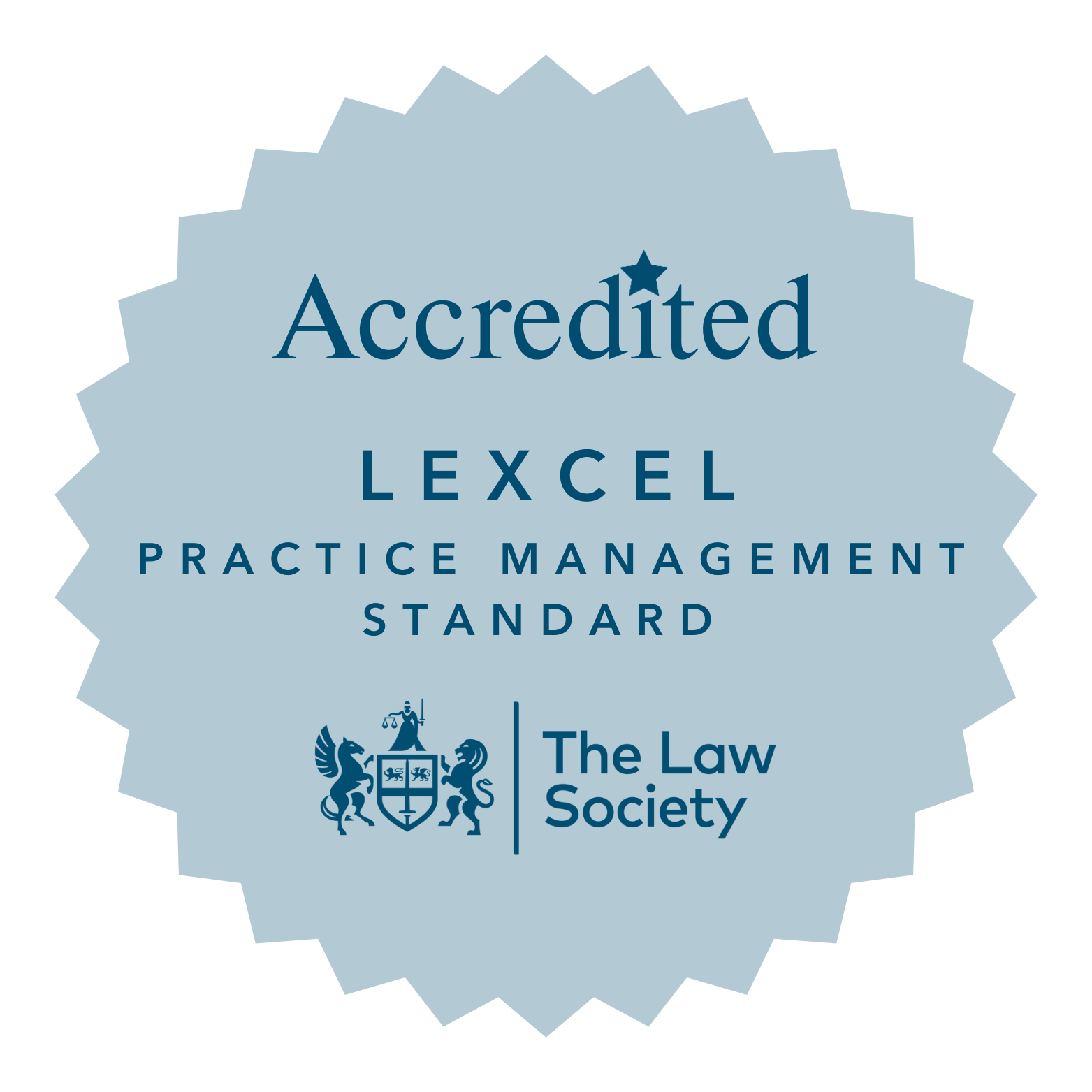Buying a leasehold property

Key contact


Out of 14 million home-owners in the UK, around 2 million are leaseholders and, therefore, technically are tenants and do not actually own their property. They own space within a building, usually a flat out of a number in a block, while the freeholder, who owns the land on which the building sits, will be responsible for organising repairs, maintenance and insurance.
Finding, choosing, financing and buying a leasehold property are identical to the procedure for buying a freehold property apart from the additional aspect of signing a lease detailing the responsibilities of freeholder and lessee.
In the past, it was often difficult to borrow money to buy a leasehold home but nowadays mortgages are granted, usually on the same basis as buying a freehold property, i.e. dependent on the property’s valuation, the amount of deposit available and the mortgagee’s ability to repay within a specified period.
The extra financial aspects of buying a leasehold home are the regular payments of a service charge and ground rent. The service charge is payable by all leaseholders and is to cover the upkeep of the whole building, such as cleaning and repairs of communal areas and the exterior.
Ground rent is a fee payable to the landlord/freeholder and is usually paid annually. Details of the amount of both that and the service charges will be detailed in the lease.
There may also be financial provision for long-term building work, sometimes known as a sinking fund, to which leaseholders contribute.
These extra financial considerations as well as potential legal difficulties with the freeholder if there are disputes, mean that using an experienced conveyancing solicitor is essential when buying a leasehold property.
A lawyer who specialises in residential property will fully check the two contracts involved, the purchase from the previous owner and the new lease which is issued to the buyer. The purchase contract will be similar to that of buying a freehold while the lease will detail the duties and rights of lessee and landlord.
Leaseholders now have a good degree of protection from unscrupulous landlords and it is easier for leases to be extended and for leaseholders to buy their freeholds, if they wish to act together and do so. This is still however a specialised and complex part of property law which is requires the services of a solicitor to protect the rights of the residents.
How We Can Help
Healys has a dedicated and experienced team of leasehold conveyancing solicitors who offer an efficient cost-effective service for buying and selling leasehold property throughout the UK.
Although buying a leasehold home has an extra dimension in terms of paperwork when compared to buying freehold, our highly experienced team has the expertise to ensure your transaction is conducted as quickly, efficiently and smoothly as possible, and that your interests are protected.
Healys’ leasehold conveyancing professionals can advise at all stages of a leasehold purchase from initial inquiry through to contract signature; and should there be any later issues such as service charges, maintenance problems or buying the freehold, colleagues in our Property Disputes team will be happy to advise.




Recommended by Legal 500
Healys is recommended for Residential Property and ranked as a Leading Firm by Legal 500; with practice head Kiri Kkoshi, and partners Daniel Winslow, Tracey Cipolla and John Hill, individually ranked by Legal 500 as Recommended Lawyers.
Kiri Kkoshi is additionally recommended by the Spears 500 private client guide for her expertise in property law.
"The super knowledgeable, punctual and thorough team at Healys LLP is led by Kiri Kkoshi who acts for a broad range of clients from high-net-worth individuals to property developers and banks."
Legal 500







